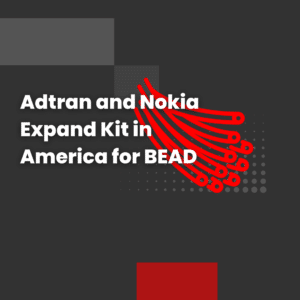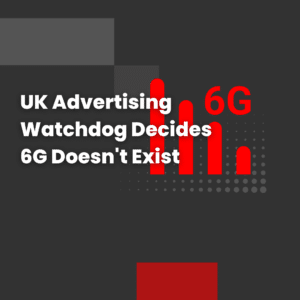The 10th London Tech Week has begun, and with it a series of ambitious initiatives that all seem to aim at solidifying the UK’s position as a leader in telecoms.
The UK Government recognises telecoms as one of its five key technologies. This is even more reason that they’re quite so committed to continuing to be a world leader in the sector.
Some of the initiatives announced so far are:
- Supporting local authorities to create and test ‘smart lamp posts’ to boost connectivity in various communities.
- Connecting the remote and inaccessible Scottish island of Papa Stour to high-quality broadband.
These initiatives are part of a government strategy to keep the UK on top and ahead of the curve in telecoms.
There have been many speeches regarding these initiatives so far, including from Sir John Whittingdale, UK Minister for Data and Digital Infrastructure, who had this to say:
”Our announcements today will help ensure that everyone, no matter where they live, has access to high-speed broadband and other digital services they need to thrive in the 21st century.
Improving Papa Stour’s connectivity is a major milestone in our efforts to close the digital divide as it transforms the lives of the island’s residents and visitors.
The Smart Infrastructure Pilots Programme shows how we can use technology to make our communities a better place to live and work and the MoU we have signed with Australia is a significant step in our efforts to work with international partners to build a more secure and resilient telecoms network.
Improving digital connectivity is a top priority for the government. Our mission is to deliver fast, reliable connectivity for everyone in the UK and to continue to be a global leader in telecoms, and today’s package shows exactly that.”
To summarise, these initiatives are a natural step forward. With over half of the UK now having broadband, it makes sense to start including remote towns.
Clarus Networks Group have created a specialist Kymeta flat panel, which will begin the transformation of Papa Stour’s connection. The panel will link to OneWeb’s satellites and will beam high-speed and reliable broadband connections from space.
On these plans, Neil Masterson, CEO of OneWeb, commented:
”OneWeb has always sought to use satellite connectivity to bridge the digital divide for communities and businesses around the world.
Connectivity is vital for all but especially for the most remote communities, and we are delighted to be working with the government and our partners on this trial to bring high-speed, low latency connectivity to those living and working on the island.”
This initiative is part of the government’s Alpha Trial Program, which aims to test using low-orbit satellites to deliver connectivity to more remote areas.
What about the Smart Lamp Posts?
In addition to this, the government have launched the Smart Infrastructure Pilots Programme (SIPP) this week. SIPP looks to help local authorities deploy advanced digital infrastructure, such as ‘smart lamp posts’. Smart lamp posts will help enhance connectivity and innovation.
SIPP will provide up to £1.5 million to fund six local authority-led pilots. This will facilitate the creation and testing of these smart columns or lamp posts. The columns can deliver multiple services, including public WiFi, electric vehicle charging, better mobile network connectivity and more.
SIPP’s launch aligns with the government’s Wireless Infrastructure Strategy, which aims to maximise all benefits of advanced wireless connectivity around the UK.
London Tech Week will serve as a huge platform for showcasing these ambitious initiatives, and it’s only just started.




